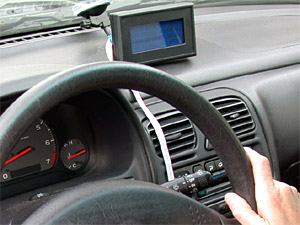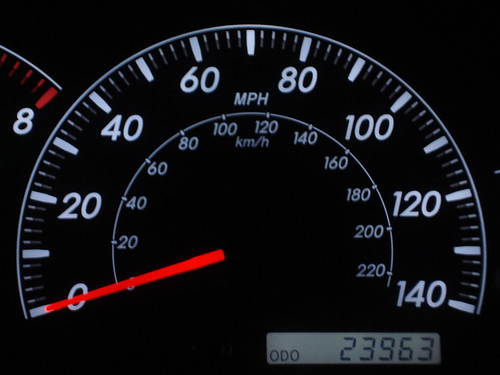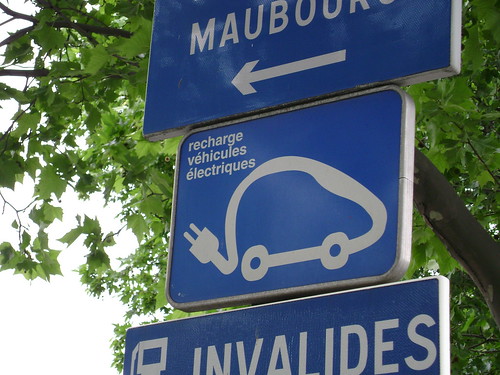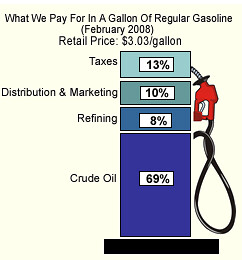U.S. Energy Secretary Steven Chu rules out raising petrol prices to European levels through increased taxes or regulation; says politically infeasible
(Source: Financial Times)
Reducing America’s reliance on oil by raising petrol prices to European levels through increased taxes or regulation is not politically feasible, says Steven Chu, US secretary of energy.
The admission comes as Congress considers a cap- and-trade system that opponents say will substantially increase petrol prices just as oil prices soar to their highest level in six months.
In the past Mr Chu, a Nobel laureate, has argued that, if the US wanted to reduce its carbon emissions, policymakers would have to find a way to increase petrol prices to levels in Europe. But in an interview on Wednesday with the Financial Times, Mr Chu said: “At this moment, let me be frank, it is not politically feasible.”
Higher petrol prices are likely to be one of the biggest potential sticking points ofPresident Barack Obama’s cap-and-trade system when the bill moves from the Democrat-controlled House of Representatives to the more conservative Senate late this year.
Mr Chu’s move against using taxes to raise US petrol prices is likely to frustrate environmental advocates who believe that the only way seriously to change Americans’ consumption habits is through higher prices.
Unlike Europe, the US hardly taxes its fuel, leading to pump prices that are often one third of those in Europe and to the average American consuming double the amount of oil of his European counterpart.
But Mr Chu warns that Americans will have to learn to live with higher petrol prices even if Washington does not enact policy that boosts them.
“Regardless of what one does in any sort of taxation, I believe that prices of oil and natural gas will go up in the coming decades,” he said, adding: “They will naturally go up just because of fundamental supply and demand issues.”
Mr Chu was adamant that a cap-and-trade system would be necessary to cut emissions. “We need to begin to put a price on carbon. We need to ratchet down the carbon,” he said.
The bill currently under consideration in Congress would reduce emissions by about 2 per cent a year.
A key question, however, was “how to help the US make the transition”, he said. Many states are heavily dependent on coal, or have energy-intensive industries, and the administration will need to win over lawmakers from these states to have a chance of passing the legislation.







 President Obama and Vice President Biden spoke with Transportation Secretary Ray LaHood Tuesday at Transportation Department headquarters, where they announced the first batch of stimulus funds getting distributed. In an interview with The Wall Street Journal, Mr. LaHood talked about spending stimulus money wisely, his opposition to an increase in the gasoline tax, new fuel emission standards and more. Below are edited excerpts from the interview.
President Obama and Vice President Biden spoke with Transportation Secretary Ray LaHood Tuesday at Transportation Department headquarters, where they announced the first batch of stimulus funds getting distributed. In an interview with The Wall Street Journal, Mr. LaHood talked about spending stimulus money wisely, his opposition to an increase in the gasoline tax, new fuel emission standards and more. Below are edited excerpts from the interview.